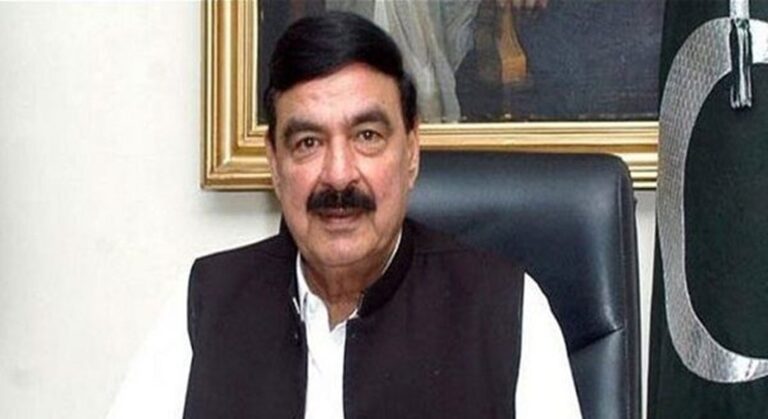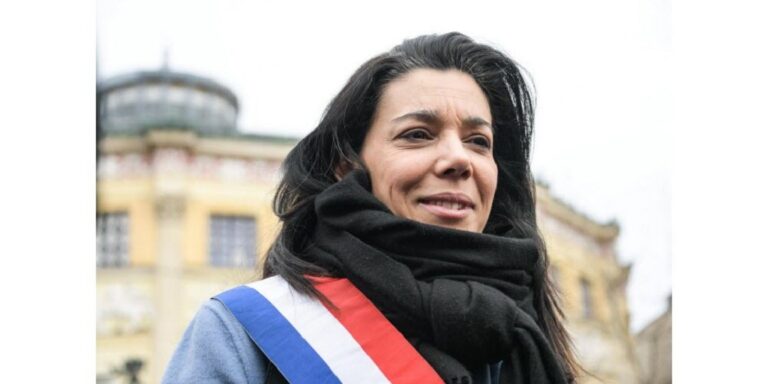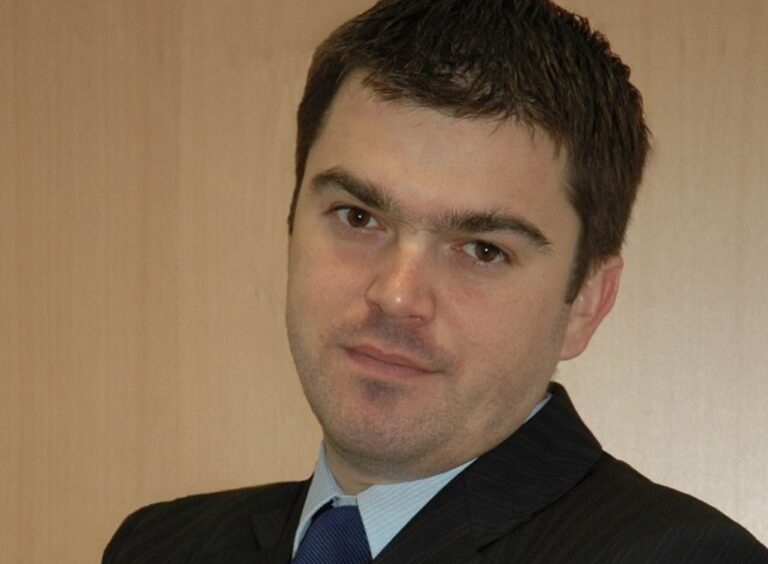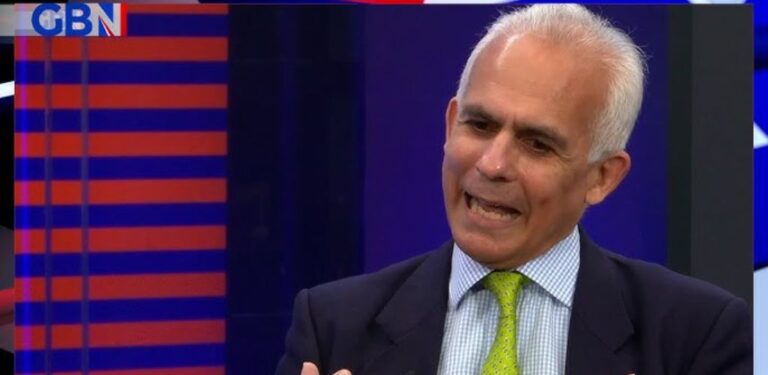Norman Finkelstein Ethnicity And Religion – Family Parents And Siblings

Norman Finkelstein Ethnicity has been the most searched topic on the internet, with many wanting to learn about his lineage.
Norman Finkelstein, a prominent American political scientist and activist, has dedicated his career to extensive research on two pivotal subjects—the politics of the Holocaust and the Israeli–Palestinian conflict.
Born in New York City in 1953 to parents who both survived the Holocaust, Finkelstein’s background deeply intertwines with the themes central to his academic pursuits.
Educated at Binghamton University, Finkelstein furthered his intellectual journey by earning a Ph.D. in political science at Princeton University.
Influential faculty positions at various esteemed institutions, including Brooklyn College, Rutgers University, Hunter College, New York University, and DePaul University, have marked his academic trajectory.
At DePaul University, he served as an assistant professor from 2001 to 2007.
Finkelstein’s scholarly contributions extend beyond conventional political science realms as he delves into the complex and sensitive issues surrounding the Holocaust and the Israeli–Palestinian conflict.
His work not only reflects a commitment to rigorous academic inquiry but also mirrors his activist spirit.
Finkelstein’s unique perspective, shaped by his familial history and academic rigor, positions him as a thought leader in these contentious fields.
As a scholar, Finkelstein’s insights have sparked debates, challenging prevailing narratives and prompting critical examinations of historical events.
Norman Finkelstein Ethnicity And Religion
Norman Finkelstein, proudly identifying as Jewish, encapsulates a multifaceted relationship with his Jewish heritage.
Renowned as a poet, Finkelstein is recognized for embodying what poet Michael Heller terms “scribal poetics,” aligning his literary expression with his Jewish identity.

Despite this connection to his roots, Finkelstein emerges as a vocal critic of Israel, diverging sharply from conventional narratives.
His critique goes beyond political disagreement, as Finkelstein categorizes Israel as a “Jewish supremacist state” and condemns its actions as constituting apartheid against the Palestinian people.
This outspoken stance on Israel, considered controversial by many, led to a significant repercussion in 2008 when he was denied entry to the country and subsequently banned for ten years.
Finkelstein’s complex relationship with his Jewish ethnicity reflects the diversity of perspectives within the Jewish community.
While firmly rooted in the religious and cultural background, his critical views on Israel showcase a willingness to engage in discourse and challenge established norms.
The ban imposed on him highlights the contentious nature of debates surrounding Israel, where divergent opinions within the Jewish community contribute to the ongoing dialogue about identity, politics, and the Israeli-Palestinian conflict.
In essence, Finkelstein’s journey underscores the diversity of thought within a community often characterized by its rich tapestry of beliefs and perspectives.
Learn more: Melinda Messenger Divorce
Norman Finkelstein Family Parents And Siblings
Norman Finkelstein, born on December 8, 1953, in New York City into the family of Harry and Maryla Finkelstein, emerged from a background deeply influenced by the harrowing experiences of the Holocaust.
Both of Finkelstein’s parents were Jewish Holocaust survivors, with his mother enduring the hardships of the Warsaw Ghetto and the Majdanek concentration camp.
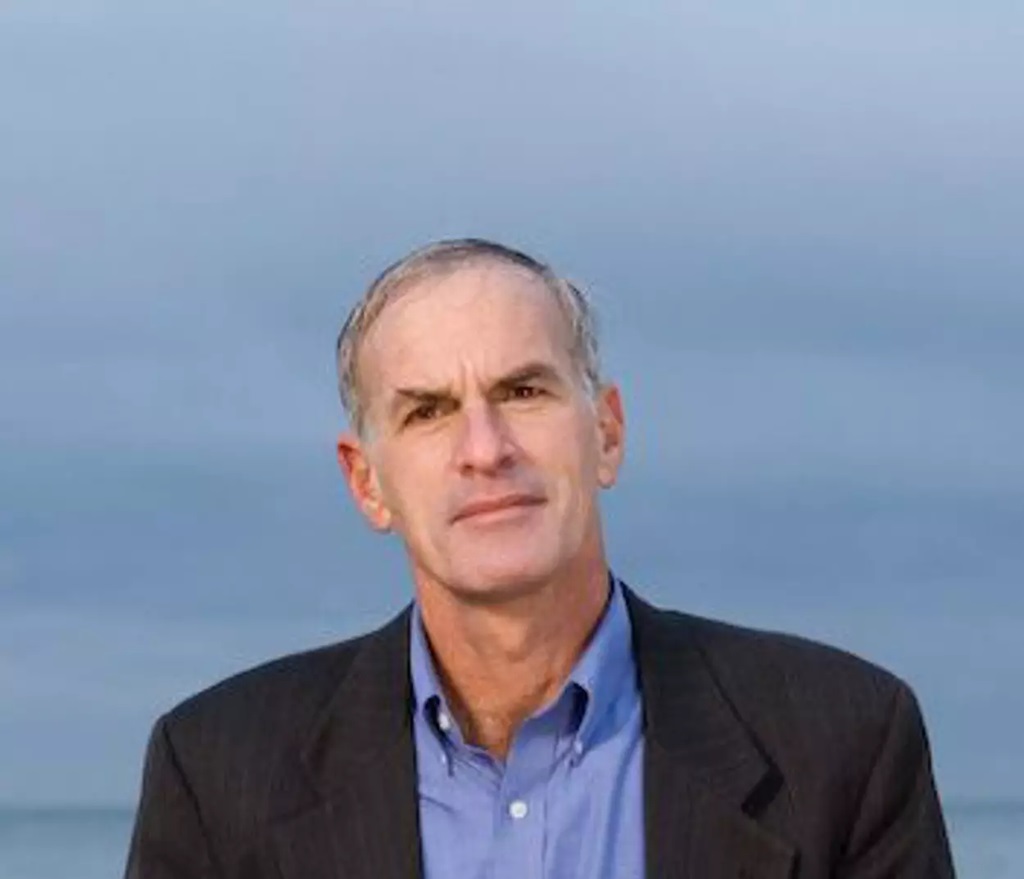
At the same time, his father faced the challenges of both the Warsaw Ghetto and Auschwitz.
After the war, the story of his parents’ resilience and survival unfolds as they meet in a displaced persons camp in Linz, Austria.
The couple then embarked on a new chapter in the United States, where Finkelstein’s father worked in a factory, and his mother, initially a homemaker, later became a bookkeeper. Tragically, both parents passed away in 1995.
Finkelstein’s upbringing was shaped by his parents’ profound perspective, viewing the world through the lens of the Nazi Holocaust.
Their indebtedness to the Soviet Union, credited with the defeat of the Nazis, influenced their stance on anti-Soviet sentiments.
While supportive of the Soviet Union’s endorsement of the creation of the State of Israel, they held a nuanced view, believing that Israel had compromised its principles by aligning too closely with the West.
The Finkelstein family includes Norman’s two brothers, Henry and Richard, although public information about them is relatively scarce.
Read more: William Hines Obituary


